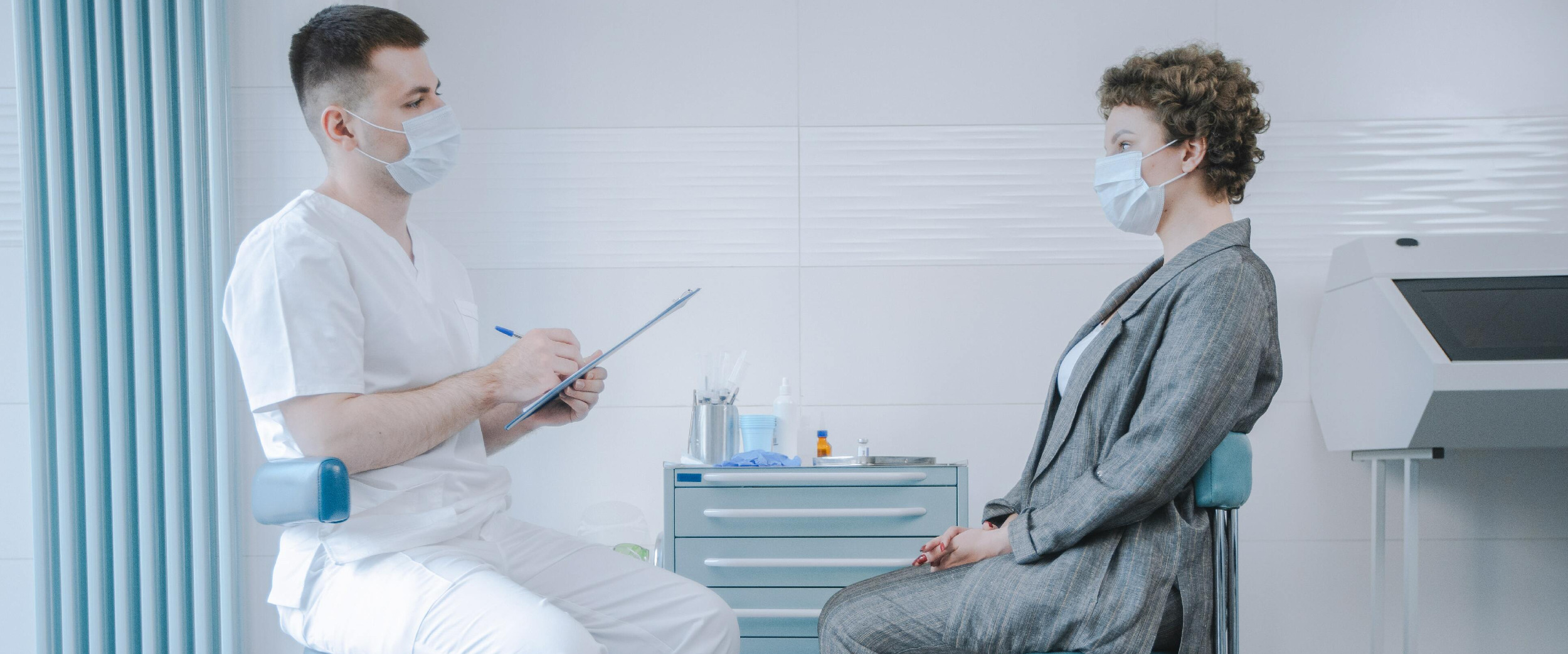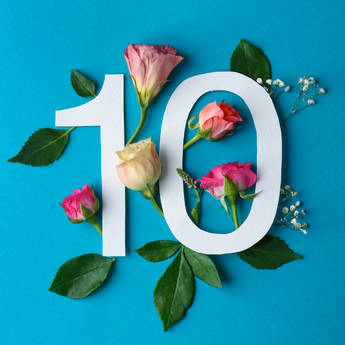Our latest digital magazine COVID-19 and Breast Cancer: Patient Voices, Expert Knowledge approaches the ongoing COVID-19 pandemic from the perspective of breast cancer patients and provides credible information for breast cancer patients from healthcare professionals and experts.
Here's a snippet of what you will find in the magazine:
Patient Voices
How Breast Cancer Prepared Me For COVID-19 by Adriana Ermter
Breast cancer prepared me for COVID. Actually, if I want to be really accurate, radiation prepared me for it and almost everything else that has come courtesy of the global pandemic.
After I was diagnosed with breast cancer, had a lumpectomy complete with the removal of multiple axillary lymph nodes, I opted for a course of treatment that included daily radiation. Looking back now, ironically, this was probably the best prep class a girl could ask for to train for the all-indoors-no-outdoors practice of napping, lounging and engaging in endless, often bleary-eyed, hours of Netflix programming. Most people now know this state of being as self-isolation complete with the hashtag #stayinside (and please do. Stay inside, that is. My immunocompromised friends and I thank you).
Being Diagnosed with Breast Cancer During a Pandemic by Katharina Lenz
My name is Katharina and I was diagnosed with stage 2a breast cancer in March 2020 just when the pandemic was starting. I was 25 years old at the time. I had to go through testing and treatment alone without any support person by my side.
It was very challenging for my mental health trying to process all the decisions that had to be made regarding my treatment and going through all the testing alone. Because of the pandemic, no one was allowed to be there with me, supporting me and keeping my positive thoughts up.
Just Breathe by Nicole Neidig
I was diagnosed in December 2019 at the age of 47. I was healthy, happy and at the height of my career. Just as I said to my husband of 25 years “Life just can’t get any better”, our world came to a grinding halt - “you have breast cancer”.
What came next (after a night of numerous shots and beers because what else do you do when you are told you have cancer?) was an absolute whirlwind for me. Double mastectomy with lymph node removal, 6 rounds of grueling chemotherapy, 2 ½ weeks of daily radiation which will be followed by 10 years of endocrine therapy. I had to leave my career as a Director in Health Information Management and focus on saving my life. I lost my long glorious blonde hair. I lost my breasts. I lost my hope.
Expert Knowledge
Oncologists Share What You Should Know About the COVID-19 Vaccines
When the COVID-19 pandemic was first declared in March 2020, there was a lack of information about the virus. As time went on and more and more research was conducted, we were able to learn more about how the virus worked, who it was infecting, its symptoms and more. One of the pieces of information from this research was that cancer patients were more likely to have adverse outcomes if diagnosed. Although there was not enough evidence to pinpoint which cancers made individuals more susceptible or enough research to definitively say whether past and present patients had the same concerns, the few findings were enough to label individuals diagnosed with cancer as high-risk. Of course, one’s risk level is dependent on many different factors and varies from person to person.
The Impact of COVID-19 on Breast Cancer Surgeries and Treatments
Individuals diagnosed with cancer have been identified as being at a high-risk of getting seriously ill if they get COVID-19. Data from various studies show that the type of cancer, the stage, the person’s age, health, and other factors contribute to how high-risk a patient may be. In addition to this, the type of treatment a person is receiving and how long their last treatment was, can all impact their outcome. At the same time, a few studies have shown that breast cancer patients fare better, compared to patients with other types of cancers.
The Impact of Your Cancer Treatment and Management on Your Immune System
The risk of a COVID-19 diagnosis for breast cancer patients is still not completely known. Studies have been done that show that cancer patients are more at risk of adverse effects if they develop COVID-19. However, a few studies state that compared to other cancer patients, breast cancer patients are at a lower risk of serious illness. The stage of breast cancer also seems to play a role in one’s risk level.
Research Findings on Breast Cancer and the COVID-19 Virus
Breast cancer research is critical as it provides information on the detection, prognosis, treatment, and elimination of the disease. Researchers also continuously engage in studying breast cancer to help us better understand risks associated with breast cancer as well as how breast cancer interferes with other diseases and aspects of life.
Since 2020, the world has been grappling with a pandemic caused by the COVID-19 virus. The presence of this virus has been a concern for the whole world but more particularly for individuals with other health conditions, such as people who have had a cancer diagnosis. While most research on the COVID-19 virus and cancer looked at all cancers together, there are some that specifically focused on breast cancer alone.
Read patient voices and get expert knowledge on the COVID-19 pandemic
Photo by SHVETS production from Pexels







